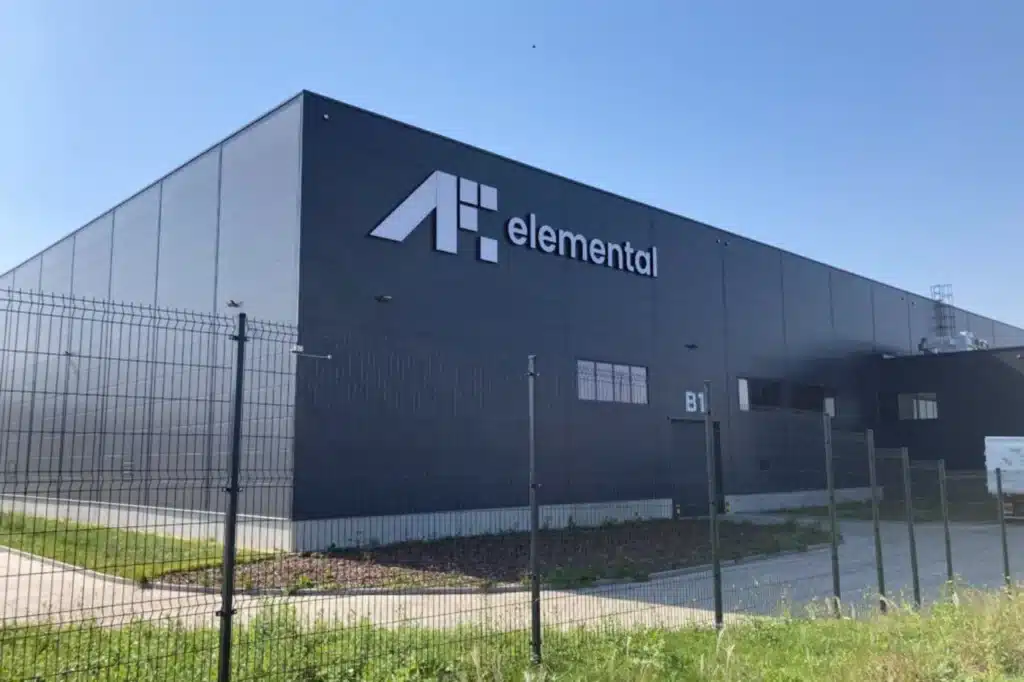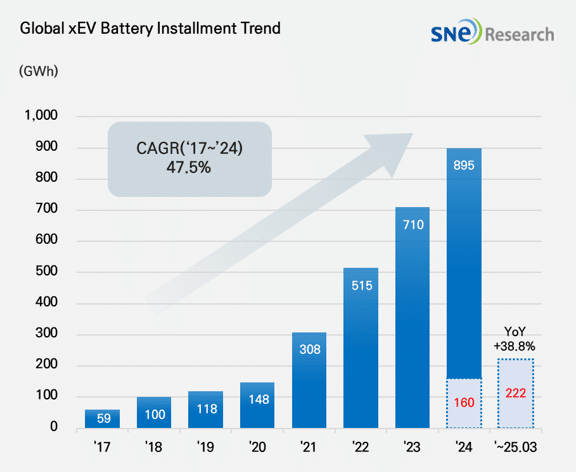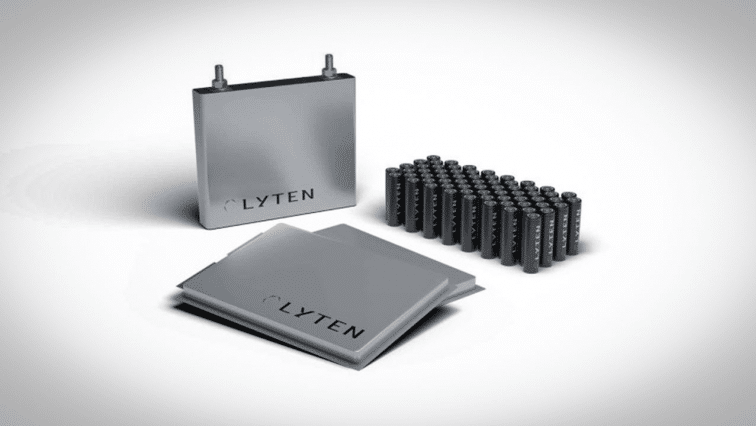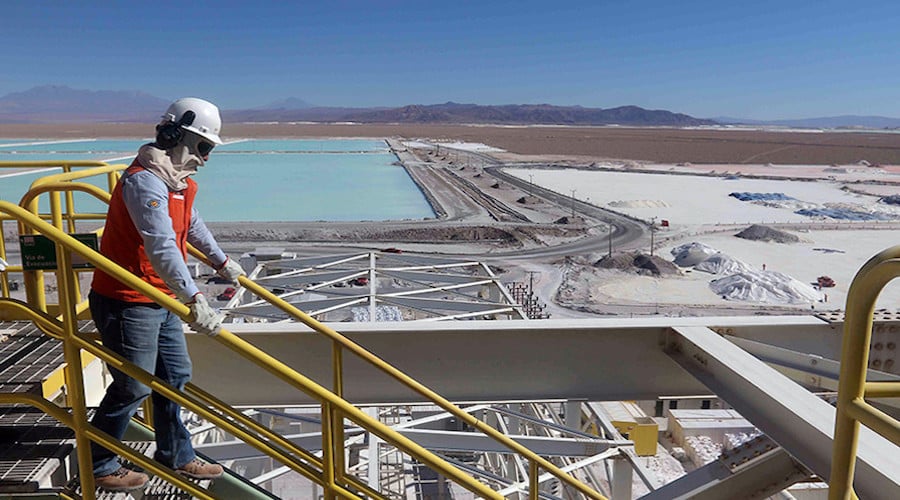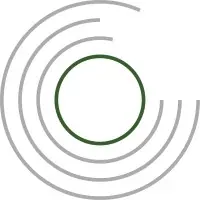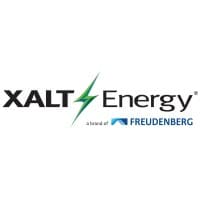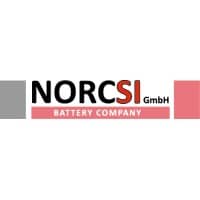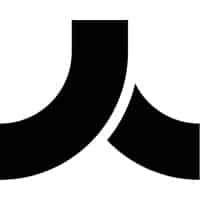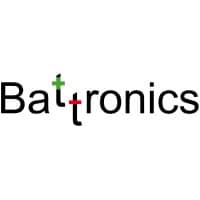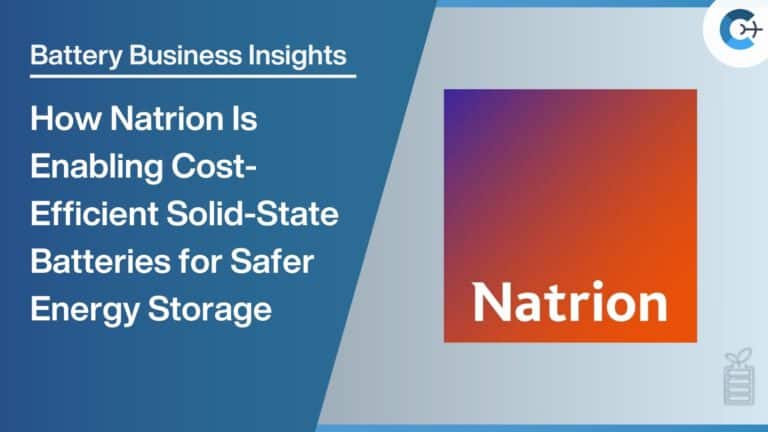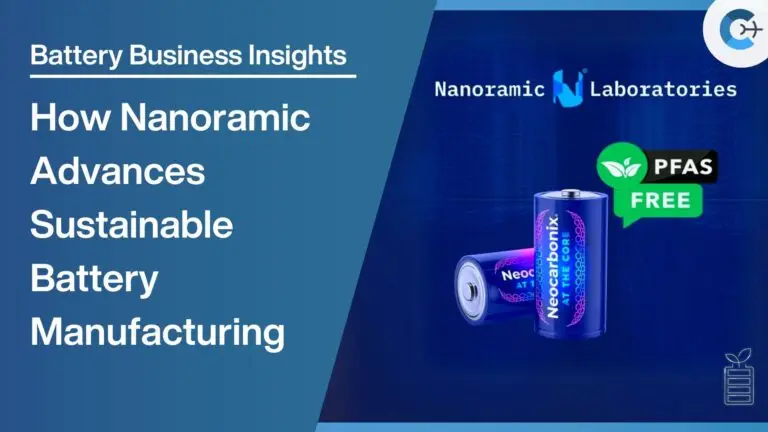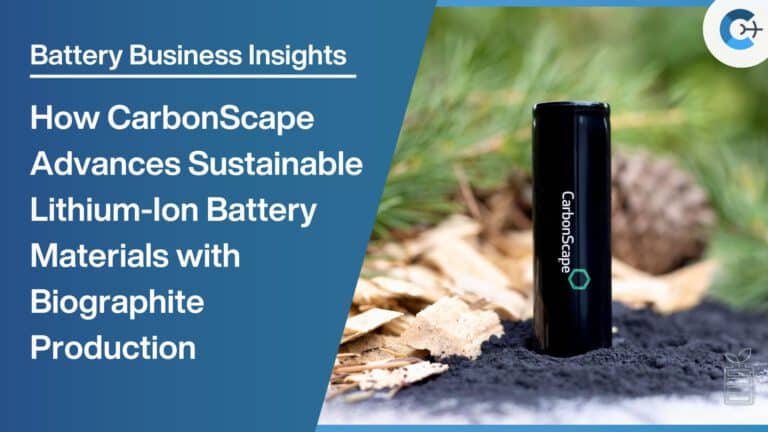The Ministry of Economic Development and Technology in Poland has extended a grant of up to USD $320 million (1.22 billion PLN) to Ascend Elements to facilitate the establishment of a sustainable precursor cathode active material (pCAM) manufacturing facility in Poland. This subsidy represents one of the largest grants ever provided by the Republic of Poland and aligns with the European Union’s Temporary Crisis and Transition Framework (TCTF), which aims to support Europe’s shift towards a net-zero economy.
pCAM is a crucial material in the production of lithium-ion batteries used in electric vehicles and other advanced industrial applications. Ascend Elements has already pinpointed a location in Poland for the construction of its first advanced pCAM manufacturing plant in Europe. CEO Linh Austin met with Poland’s Secretary of State Michał Jaros to formalize the grant offer, marking a significant advancement in the company’s European expansion plans.
Pawel Pudlowski, Ph.D., Vice President of the Management Board at the Polish Investment and Trade Agency (PAIH), stated that the Ascend Elements project is among the largest U.S. investments in recent years. The project is expected to enhance Poland’s position within the global battery supply chain and promote regional development, including advancements in technology and collaborations with local educational institutions.
Ascend Elements intends to commercialize its Hydro-to-Cathode® technology at the new Polish facility, which facilitates the production of sustainable nickel, manganese, and cobalt (NMC) pCAM from recycled lithium-ion battery materials. This process is more efficient and environmentally friendly compared to traditional methods, resulting in reduced carbon emissions and particulate matter. A recent life cycle assessment highlighted that the Hydro-to-Cathode® process generates 49% lower carbon dioxide equivalent (CO2e) emissions and 26% lower particulate matter (PM 2.5) emissions. The company aims to achieve further reductions by 2030 through additional decarbonization efforts.
In addition to its operations in Poland, Ascend Elements is expanding its presence in the United States. The company operates a major battery recycling facility in Covington, Georgia, where a new lithium recovery line is expected to produce up to 3,000 metric tons of Lithium Carbonate annually. Furthermore, Ascend Elements is developing an advanced Hydro-to-Cathode® pCAM manufacturing facility in Hopkinsville, Kentucky, which is projected to become North America’s largest NMC pCAM producer by late 2026.
The grant from the Polish government underscores Ascend Elements’ commitment to building a sustainable and circular battery materials supply chain, supporting both European and global efforts to meet strategic net-zero targets.
Source: Ascend Elements

